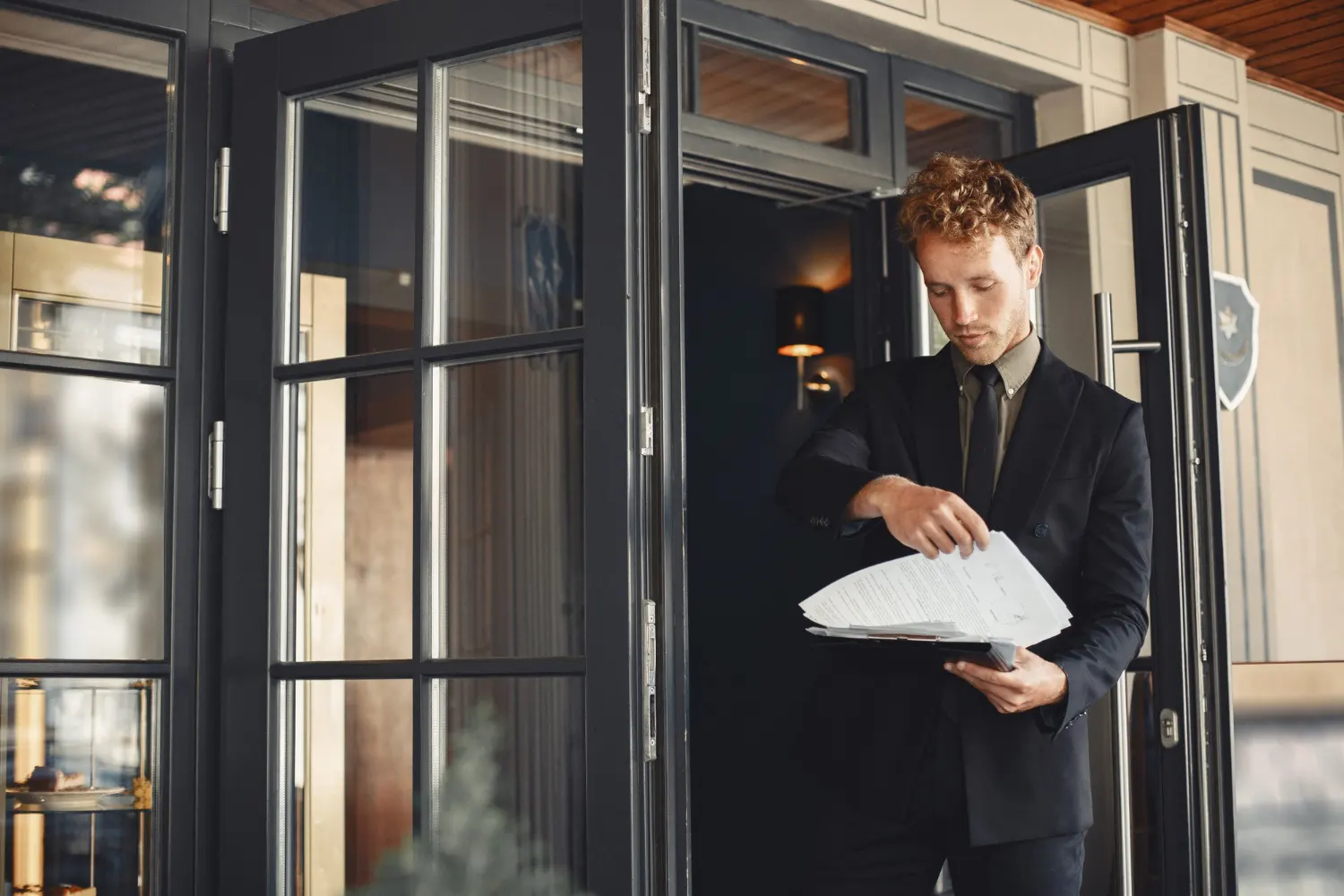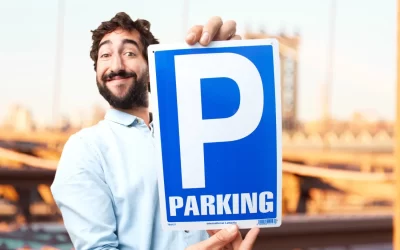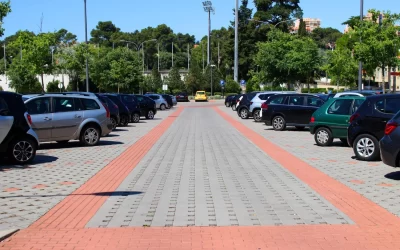First impressions matter. In high-end properties, the doorman and concierge are often the first and last points of contact, setting the tone for the entire guest experience. These roles extend beyond simple greetings and luggage handling, encompassing personalized guest care, building security, and lifestyle management. Whether serving luxury residences, corporate offices, premium hotels, or mixed-use developments, doorman and concierge teams play a critical role in creating memorable experiences and enhancing property value.
This guide dives deep into the specific requirements, challenges, and best practices for doorman and concierge services across various property types. Whether you’re managing a high-rise residential tower, a bustling commercial center, or a boutique hotel, understanding the nuances of these roles is essential for delivering exceptional guest service.
Table of Contents
1. Residential Doorman and Concierge Services
Residential doormen and concierges are the heart of luxury living, providing not just security and convenience, but also a sense of community. Their roles are particularly critical in high-end apartment buildings, luxury condominiums, and gated communities.
Key Roles and Responsibilities
- Personalized Resident Relations: Doormen in residential settings should strive to remember resident names, family members, pets, and personal preferences. This small detail can significantly impact resident satisfaction. For example, if a resident frequently orders groceries online, the doorman can anticipate deliveries and coordinate with the concierge for seamless handoffs.
- Package and Delivery Management: Efficient package handling is critical, as luxury buildings often receive hundreds of packages daily. This can include refrigerated storage for perishable groceries, secure drop-off for high-value items, and digital tracking systems. For example, some high-end buildings use smart lockers that notify residents when packages arrive, reducing lobby clutter and staff workload.
- Lifestyle Services: High-end residential concierges often assist with arranging personal trainers, dog walkers, or private chefs. In one Manhattan building, concierges even coordinate private wine tastings and in-home yoga sessions for residents.
Practical Example:
At a luxury condominium in Miami, the concierge team created a “Resident Lifestyle Passport” program, offering residents exclusive access to private events, luxury car rentals, and personal shoppers. This personalized touch not only increased resident satisfaction but also contributed to higher retention rates and positive online reviews.
2. Commercial and Corporate Doorman Services
Corporate doormen serve as the face of the building, providing a professional, polished first impression for clients, visitors, and employees. Their roles often blend security, customer service, and logistical support.
Key Roles and Responsibilities
- Professional Appearance and Demeanor: Corporate doormen should embody the professionalism of their building’s tenants, with strict uniform standards, polished communication skills, and a deep understanding of corporate etiquette. For instance, doormen in financial districts may be trained to recognize high-profile clients and provide discreet, expedited access.
- Access Control and Security: Advanced visitor management systems, including biometric scanners and mobile app check-ins, can streamline guest access while maintaining security. Some buildings even use facial recognition for VIP clients, allowing seamless entry without physical credentials.
- Business Support Services: Corporate concierges can add significant value by arranging airport transfers, booking meeting rooms, or coordinating after-hours access for executives. In some high-end offices, concierges also manage office logistics like catering, dry cleaning, and event planning.
Practical Example:
A major financial center in New York City introduced a digital concierge app that allows tenants to book conference rooms, schedule car services, and receive real-time building updates. This approach not only enhances tenant satisfaction but also streamlines building operations.
3. Hotel Doorman and Concierge Services
In luxury hotels, the doorman and concierge are critical to delivering five-star guest experiences. These roles are defined by high-touch, personalized service and seamless logistical support.
Key Roles and Responsibilities
- First Impressions Matter: Train doormen to greet guests by name, assist with luggage, and provide a warm, welcoming demeanor. For luxury hotels, small touches like offering cold towels on hot days or personalized welcome notes can set the tone for an exceptional stay.
- Local Expertise: Hotel concierges should be well-versed in local dining, entertainment, and sightseeing options. They can add immense value by providing insider tips, securing hard-to-get reservations, or arranging personalized tours. For example, a concierge at a Parisian hotel might coordinate private Louvre tours or river cruises on the Seine.
- VIP and Special Requests: High-profile guests often have unique needs, from arranging private jets to sourcing rare items. For instance, one luxury hotel in Dubai famously arranged for a guest’s Bentley to be airlifted to the property for a month-long stay.
Practical Example:
At a high-end London hotel, the concierge team offers a “Bespoke Experiences” service, arranging everything from private art gallery tours to exclusive fashion show access. This approach not only differentiates the property but also creates lasting guest loyalty.
4. Mixed-Use and Multi-Purpose Property Services
Mixed-use developments present unique challenges, blending residential, commercial, and retail spaces under one roof. This requires versatile, cross-trained staff who can handle a wide range of tasks.
Key Roles and Responsibilities
- Multi-Role Staff Training: Staff in these environments must handle everything from resident package deliveries to corporate guest check-ins. Training should emphasize flexibility and multitasking.
- Event Coordination: Mixed-use properties often host public events, requiring concierge support for guest management, logistics, and VIP handling.
- Community Building: In mixed-use developments, concierges can help foster a sense of community by organizing building-wide events, networking mixers, or social gatherings.
Practical Example:
A mixed-use complex in Chicago developed a dedicated mobile app that connects residents, office tenants, and retail shoppers with on-site services, events, and promotions. This digital integration has significantly boosted tenant satisfaction and increased foot traffic to retail outlets.
Final Thoughts
Doorman and concierge services are essential to creating memorable guest experiences and enhancing property value. By understanding the unique needs of each property type, investing in staff training, and leveraging modern technology, property managers can deliver exceptional service that sets their buildings apart. Whether managing a luxury condominium, a bustling corporate tower, or a high-end hotel, the right doorman and concierge strategy can make a significant difference in tenant satisfaction, guest loyalty, and overall property success.




0 Comments